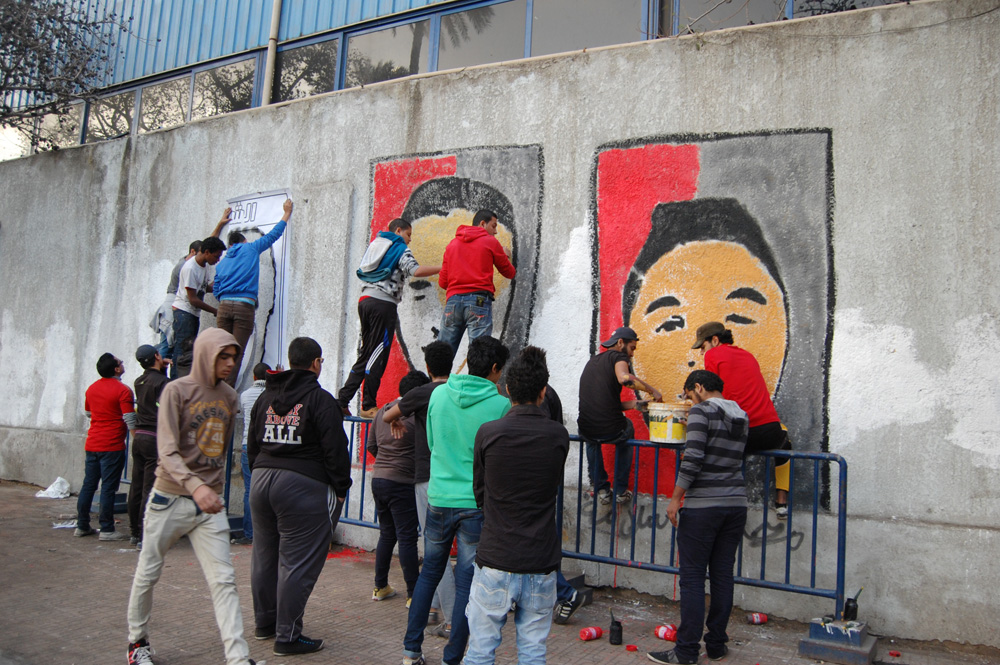A grim picture of escalating violence and its devastating impact on Sudanese refugees in Chad emerges from a new report by Médecins Sans Frontières (MSF). The report, based on a retrospective mortality survey and first-hand accounts from refugees, paints a harrowing portrait of systematic targeting, massacres, and a desperate exodus from West Darfur.
The study, conducted in three refugee camps in Chad, reveals a twenty-fold increase in mortality rates in Ourang camp, home to refugees from El Geneina, since the conflict in Sudan began in April 2023. By June, the daily death rate reached 2.25 per 10,000 people, with 83% of victims being men and violence, mainly by firearms, being the cause of death in 82% of cases.
The violence is not confined to El Geneina. A quarter of the deaths occurred during the flight to Chad, and nearly one in twenty men aged 15-44 from El Geneina went missing during this period. MSF reports a surge in wounded arriving at their Adré hospital in June, coinciding with the peak mortality rate. Many spoke of being targeted by Arab militias due to their Masalit ethnicity, with attacks continuing on villages and checkpoints along the escape route.
Refugees like H., a 26-year-old who fled El Geneina, describe unbearable scenes of looting, burning, beatings, and massacres. He recounts being given a stark choice: leave for Chad or face death. Another patient adds that checkpoints on the escape route were used to target Masalit people.
The report also highlights the recent violence in Ardamatta, where hundreds were reportedly killed when militias took control of a camp for displaced people and a Sudanese military garrison. MSF treated 333 wounded, mainly from Ardamatta, in November alone.
With nearly half a million Sudanese refugees now in Chad, the humanitarian crisis is immense. MSF calls for significant financial, logistical, and human resources to step up the response, particularly emergency food aid, in Adré and surrounding camps. They continue to provide medical care, improve access to water and sanitation, and support local communities struggling alongside the refugees.



